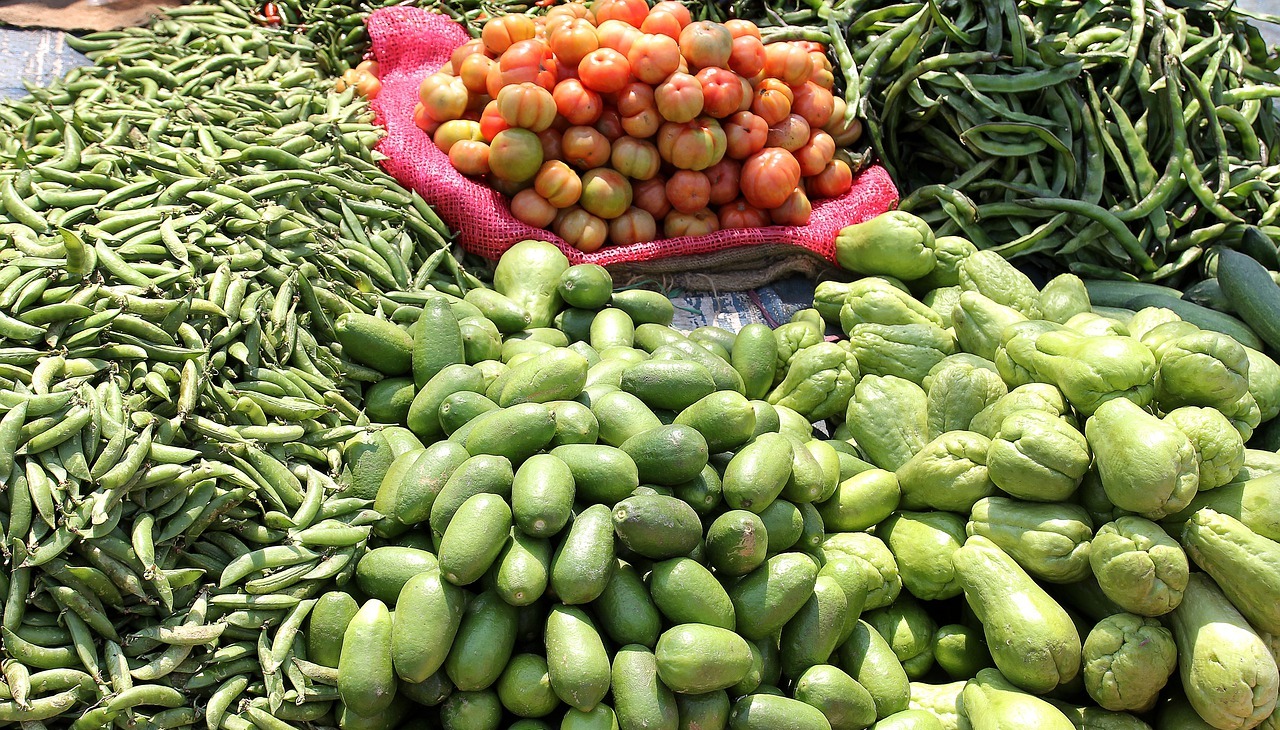
CARE commits $800,000 to support mobile grocery markets
It seeks to combat the impact of food deserts in different U.S. states.
Cummins Inc., a global leader in energy solutions, through Cummins Advocating for Racial Equity (CARE), announced a new commitment in transformational grants to develop and launch mobile food markets that will add to other measures to combat the grocery emergency in regions like Indianapolis, Indiana; Jamestown, New York; Charleston, South Carolina; Nashville, Tennessee; Minneapolis, Minnesota; and Rocky Mount, North Carolina.
“A mobile grocery provides healthy food options by modifying school buses, city buses, large vans, trucks, etc. that can house healthy food options and transport them to needed neighborhoods. Mobile grocery markets are often run by local organizations and/or community members, which circulate revenue within the local economy and can serve as a catalyst for other businesses and investments in the neighborhoods. Additionally, the mobility allows outreach to multiple neighborhoods and can be more effective than storefronts,” underscore Cummins.
Worrying Figures
According to data shared by CARE, about 10.5%, or 13.8 million Americans, experience food insecurity, which is the state of not having reliable access to sufficient amounts of affordable, nutritious food.
Based on figures from the U.S. Department of Agriculture (USDA), about 19 million Americans, or 33%, live in a food desert, which the USDA defines as living more than a mile from a supermarket in urban areas, or more than 10 miles in rural areas.
“In communities of color and low-income areas, many residents don’t have cars, and in many cases lack reliable public transportation. Additionally, many urban communities have small neighborhood stores in a reasonable distance, however, residents pay up to 37% more than suburban communities where residents have access to traditional supermarkets,” it is highlighted.
Benefited Areas
There are 6 CARE communities where Cummins Involvement Teams (CITs) are working closely with local partners to support mobile grocery efforts and drive their impacts:
1. Charleston, S.C. - Charleston Low County Street Grocery
RELATED CONTENT
- Launched March 2021
- Provides weekly nutrition and cooking classes
- Mobile grocery stop planned at Charleston Turbo Plant (CTP)
- Began GroceryRx, an evidence-based healthy food prescription program
2. Nashville, Tenn. - West Nashville Dream Center
- Launched December 2021
- Acquired a new refrigerated truck to rescue and distribute more fresh foods
- Food is being distributed within four identified sites, expanding to five by the end of 2022
3. Jamestown, N.Y. - Jamestown Public Market
- Launched June 15
- Served over 350 individuals
- Formed additional partnerships with local agencies to distribute more fresh produce
4. Indianapolis, Ind. - Indianapolis Eskenazi Health Foundation
5. Minneapolis, Minn. - Minneapolis Community Emergency Assistance Program
6. Rocky Mount, N.C. – local partner TBD
About Cummins Inc.
Located in Columbus, Indiana, and founded in 1919, it is a corporation of complementary business segments that designs, manufactures, distributes and services a broad portfolio of power solutions. The company’s products range from diesel, natural gas, electric and hybrid powertrains and powertrain-related components including filtration, aftertreatment, turbochargers, fuel systems, controls systems, air handling systems, automated transmissions, electric power generation systems, batteries, electrified power systems, hydrogen generation and fuel cell products.
In 2020, Cummins introduced CARE, a U.S. strategic community initiative focused on dismantling institutional racism and creating equity in the system. As part of its commitment to effectively address issues such as systemic inequities, it is currently working in four specific areas: police reform, criminal justice reform, economic empowerment, and social justice reform.











LEAVE A COMMENT: